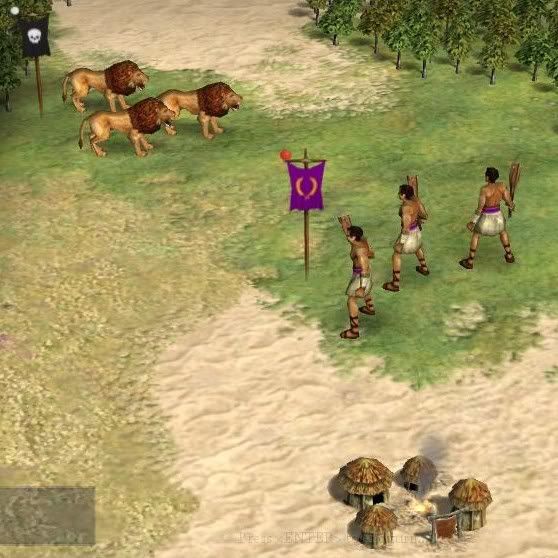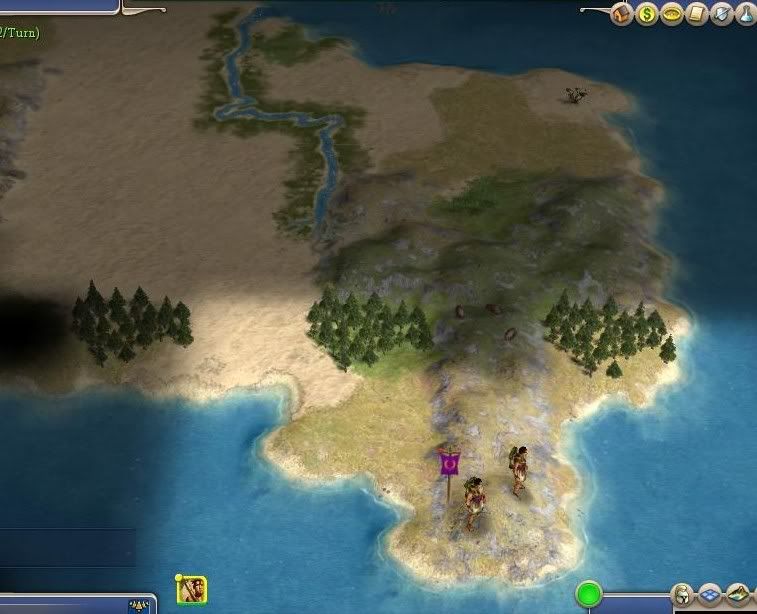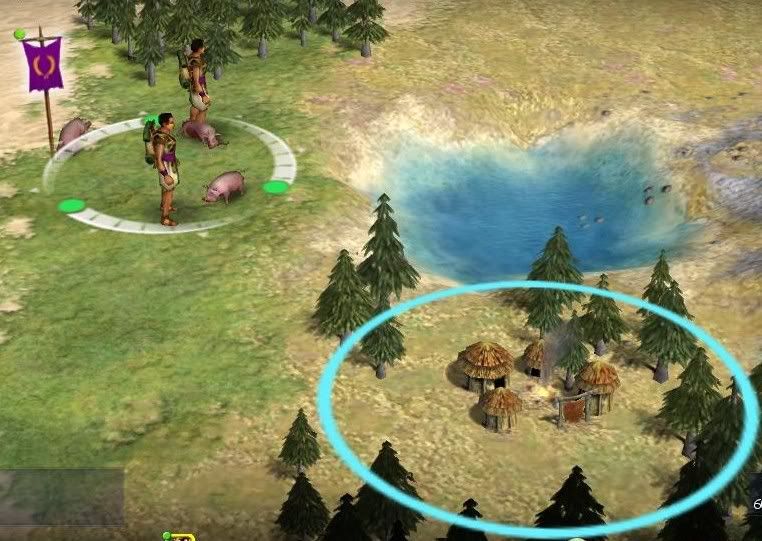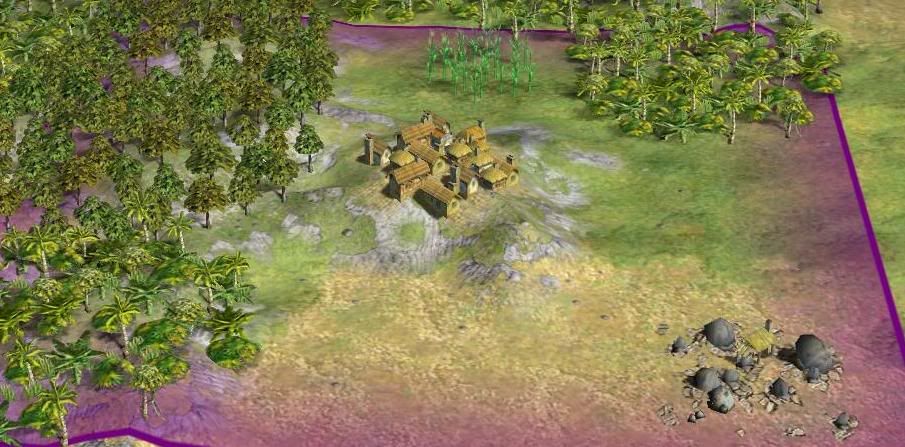History is little more than the sum result of a series of individual decisions made by individual men. The foundation of the Great City of Rome has been but one such case. It was a decision which could have been made by any one of the warlords of any one of the scattered, savage tribes of our Italian environs. One knows there are certainly enough of them, huddled around the weak glow of the campfire, posting the nightly watch in a vain attempt to save their children from being devoured by lions, like the prey animals they have willing chosen to remain. As it occurred, the decision was made by Caesar; and so, Caesar now commands not only the will of the great Roman public, but the plying attention of the bleating tribes as well.

Over the past centuries, Roman scouts have embarked on missions to explore our surrounding environs, finding that our Italy extends far beyond the ancient forest homelands of our people. Ancient mariners spoke of the wide Aegean coast to the east of Rome; expeditions have now brought word to our cartographers that the wide Aegean envelops Italy both to our north and our south. Two vast deserts scar the landscape to the south of our homeland; between them lies a fertile valley, and to the east, remote Sicily and the verdant banks of the Salso. To the west—the land has yet to reveal her secrets.

In their travels, our brave scouts have discovered many collections of the savage type of people. All have been enthralled by the glory of Rome, and all have given of themselves—willingly or unwillingly—to advance the great cause of the Roman people. Ask? One may as well ask the corn if it wishes to be planted. Gold has flowed to our coffers from the southern deserts to the northern jungles to the Aegean coast; the savages of the Po River valley and the northern forests have taught our scouts to better endure these harsh environments; a tribe near Lake Albano even shared with our people their remarkable art of using hammers and fire to work copper ore into useful tools and blades. Rome has benefited greatly from the contributions of the Italian tribes to our way of life, and has in turn shared this way of life with those in desperate need of respite from their miserable existence.

With the great influx of these tribal villagers to Rome, and thanks to the great fecundity of our Roman women, our people have begun to outgrow the confines of our lakeside cradle. As such, I have commanded the founding of a new settlement atop a great hill to the northwest of Rome, to further expand Roman influence into the great wilds, and allow our people to continue to grow and prosper. It is my hope that the cornfields to the north will help feed this new settlement, and the great stone outcroppings of the nearby plains may one day be put to use. Behold: Antium.

Roman sandals have now tread indelibly across the Italian landscape.



No comments:
Post a Comment